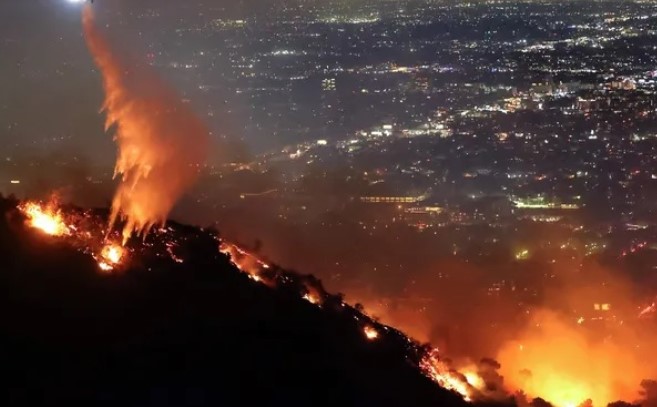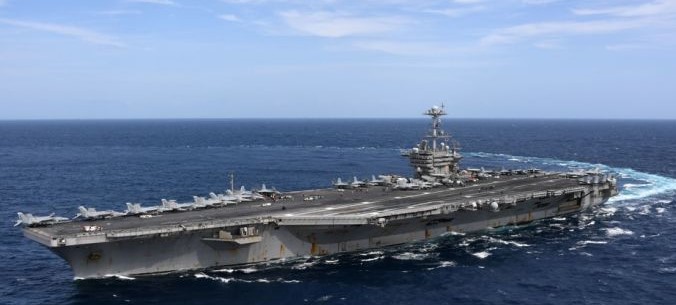
STRATEGIC ASSESSMENT. Over two years into Russia’s invasion of Ukraine, the share of Russians who favor peace talks to end the war has reached an all-time high of 58%.
This is one of the key findings from the latest survey by the Levada Center, Russia’s last major independent pollster, conducted at the end of June.
Levada Director Denis Volkov attributes this and other shifts in public opinion to a change in official rhetoric — particularly from President Vladimir Putin.
The latest polling numbers appear to break a previous months-long trend in which support for peace talks had been waning.
Support for continuing the war remains notably high in Moscow, at 56%, despite the capital’s traditionally liberal leanings, the poll says.
While a majority of respondents said they favor peace as soon as possible, only 17% believe Russia should make significant concessions to reach an agreement with Kyiv and its Western allies, a previous survey shows.
Most Russians, however, are against returning occupied territories to Kyiv (73-74%) and are even more resistant to allowing Ukraine to join NATO (83%).
The latest Levada poll also reveals that about one-third of Russians view the use of nuclear arms as an acceptable solution — a perspective Volkov said is linked to frequent discussions of using nuclear weapons in the media and by officials.
Nonetheless, the majority of Russians (52%) find the use of nuclear weapons unacceptable.
Around 77% of Russians support the Kremlin’s “special military operation,” Levada’s findings indicate, a figure that has remained stable throughout the conflict and aligns closely with support for Putin’s regime.
Respondents often frame their opinions using an “us versus them” perspective, Volkov said.
A significant portion of respondents (about 30%) express weak support for the war, citing various reservations. Almost 40% say they would not have started the war if they could go back to February 2022.
Approximately 65% of respondents blame the West and NATO for the destruction and death in Ukraine, a figure that has risen by almost 10 percentage points over the past year.
Volkov attributes broad support for the regime and the invasion of Ukraine to several factors, foremost among them Russia’s ability to maintain economic stability despite the war and Western sanctions.
Russia’s working class is enjoying a steady rise in salaries thanks to increased government spending on the war and a labor shortage.
Another key factor is the Kremlin’s success in insulating much of the population from the war’s impacts.
As Volkov noted, public mood dipped in the fall of 2022 when the Kremlin launched its “partial” mobilization of 300,000 reservists for the war. Since then, however, the military has largely relied on voluntary conscription to refresh its ranks in Ukraine, leaving ordinary Russians largely untouched.
The third factor is society’s consolidation around patriotism, evidenced by the 48% of respondents who say they feel “pride for the country” regarding the conflict in Ukraine.
Despite widespread repression and wartime censorship, Russian citizens still participate in polls like they did pre-war, Volkov said. He believes repressions do not undermine these polls’ results.
According to Volkov, many people lack a clearly formulated opinion on many political issues and thus rely heavily on the mainstream media narrative, which is tightly controlled by the government.





